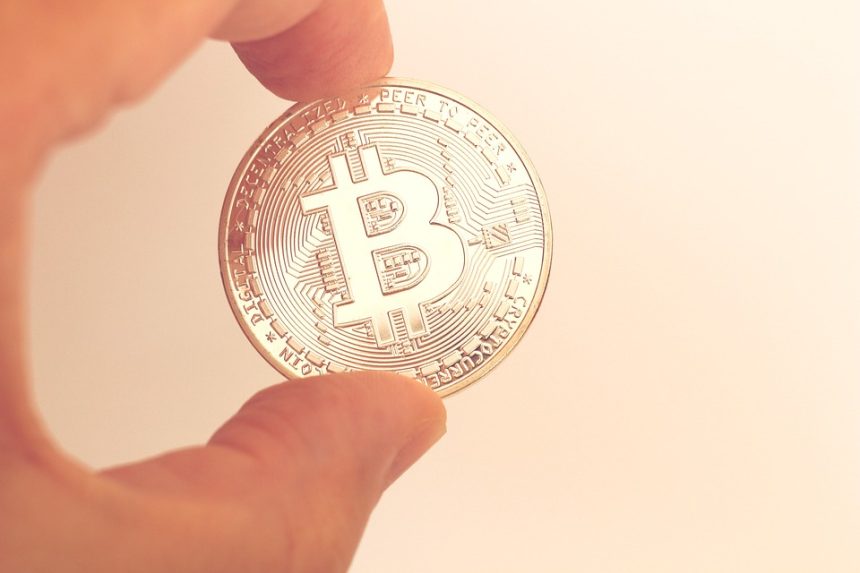The rise of decentralized finance (DeFi) has revolutionized the financial landscape in unprecedented ways. At the heart of this transformation lies the technology of smart contracts, a pivotal innovation enabling automated transactions and decentralized applications to flourish. In this article, we will explore the role of smart contracts in powering the DeFi ecosystem, their fundamental benefits, and the challenges they present.
What Are Smart Contracts?
Smart contracts are self-executing contracts with the terms of the agreement directly written into code. They operate on blockchain technology, allowing for decentralized and immutable execution without the need for intermediaries. This decentralized nature mitigates the risks associated with single points of failure, significant delays, or fraud. Popular platforms like Ethereum, Binance Smart Chain (BSC), and others have become common for deploying smart contracts within DeFi protocols.
The Backbone of DeFi Protocols
Smart contracts form the underlying architecture for various DeFi applications, providing the necessary frameworks for operations such as lending, borrowing, trading, and yield farming. Here are some key functionalities facilitated by smart contracts:
1. Automated Transactions and Trustless Operations
Smart contracts eliminate the need for middlemen, which means users can engage in transactions directly with one another. For instance, decentralized exchanges (DEXs) allow users to swap tokens directly using liquidity pools, governed by smart contracts. This automation ensures that transactions occur instantaneously and reduces counterparty risk, promoting a trustless environment.
2. Lending and Borrowing Platforms
DeFi lending protocols, such as Aave and Compound, leverage smart contracts to facilitate peer-to-peer lending and borrowing. Users can deposit assets into liquidity pools managed by smart contracts, which then provide loans to borrowers while offering lenders interest on their deposits. These contracts ensure that loans are only issued when collateral is provided, automatically liquidating positions if the collateral’s value drops below a threshold.
3. Yield Farming and Staking
Yield farming—an essential component of DeFi—relies heavily on smart contracts. Users can lock their assets in liquidity pools or staking contracts in exchange for rewards, often in the form of governance tokens or interest. Smart contracts govern these processes, automatically calculating and distributing rewards based on pre-defined terms, thus streamlining the entire yield generation process.
4. Derivatives and Synthetic Assets
Smart contracts empower the creation of derivative financial instruments and synthetic assets, enabling users to gain exposure to various assets without actually owning them. Platforms like Synthetix allow users to trade synthetic assets that mirror the value of real-world assets (like stocks, commodities, or fiat currencies), all governed by smart contract protocols.
The Benefits of Smart Contracts in DeFi
The integration of smart contracts into the DeFi ecosystem has yielded numerous benefits:
-
Transparency: All transactions executed via smart contracts are recorded on the blockchain, providing complete transparency and auditability. Users can verify operations at any time, fostering trust in the system.
-
Cost Efficiency: By eliminating intermediaries, smart contracts reduce transaction fees associated with traditional financial systems, making DeFi services more affordable.
-
Global Accessibility: Anyone with internet access can engage with DeFi applications, democratizing access to financial services. This is particularly important in regions with limited banking infrastructure.
- Programmability: Smart contracts enable developers to create complex financial instruments and services, harnessing the flexibility of code to innovate new financial products.
Challenges and Risks
Despite the numerous advantages, smart contracts are not without challenges and risks:
-
Smart Contract Vulnerabilities: Errors or bugs in the smart contract code can lead to significant financial losses. High-profile hacks and exploits have raised concerns about security, emphasizing the need for rigorous audits.
-
Lack of Regulation: The DeFi space is largely unregulated, which poses risks for users engaging with platforms that may be mismanaged or fraudulent.
-
Scalability Issues: As the DeFi ecosystem expands, network congestion can lead to higher transaction fees and slower processing times, challenging the user experience.
- User Error: Interacting with smart contracts requires a certain level of technical knowledge. Inexperience can lead to mistakes, such as losing funds due to incorrect transactions.
Conclusion
Smart contracts are undeniably the backbone of the DeFi ecosystem, providing a framework that enables a wide array of financial services without the need for traditional intermediaries. Their ability to automate processes, enhance transparency, and offer global accessibility makes them instrumental in the ongoing revolution of finance. However, the challenges associated with smart contract vulnerabilities and the unregulated nature of the DeFi space necessitate further development in security measures, user education, and regulatory frameworks.
As the DeFi ecosystem continues to evolve, it is essential for stakeholders to prioritize security, usability, and transparency to unlock the full potential of this groundbreaking technology. The future of finance is decentralized, and at its core are smart contracts, leading the charge into a new era of financial freedom and innovation.





